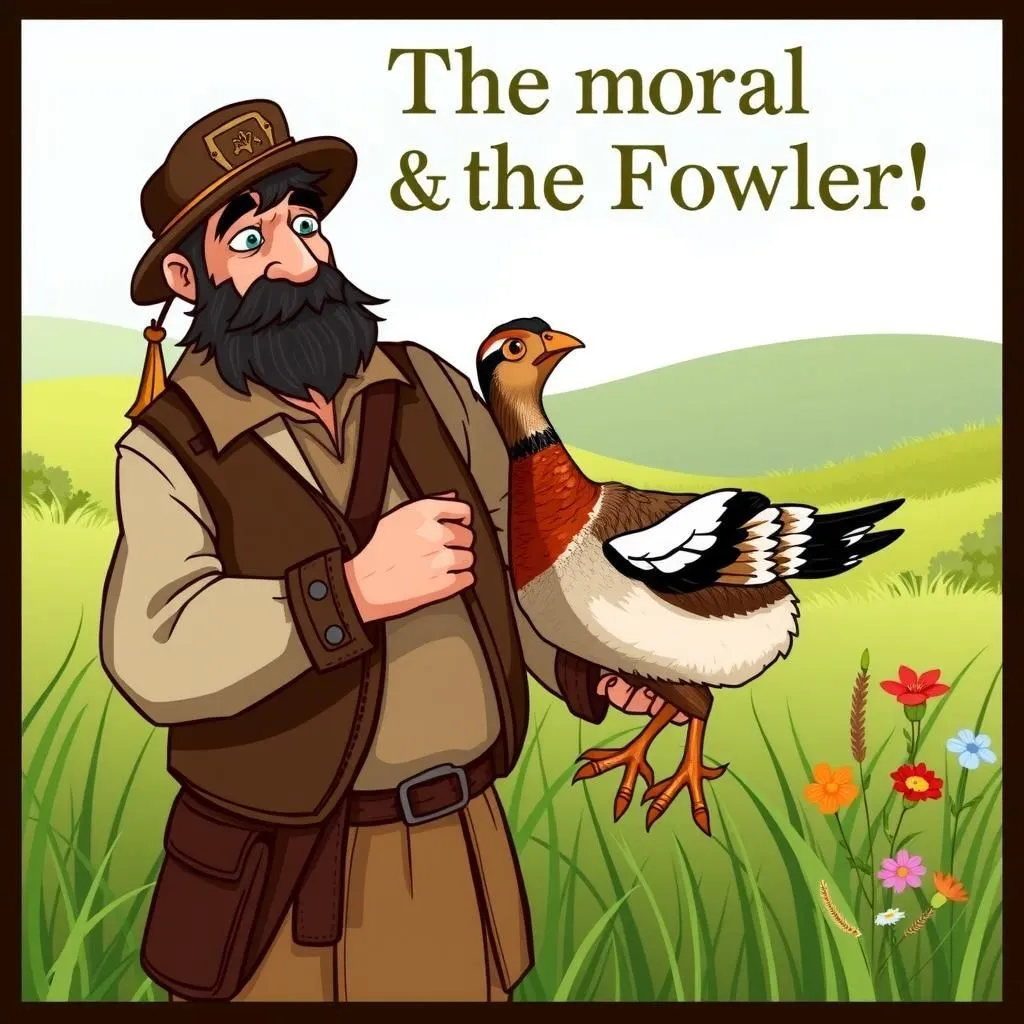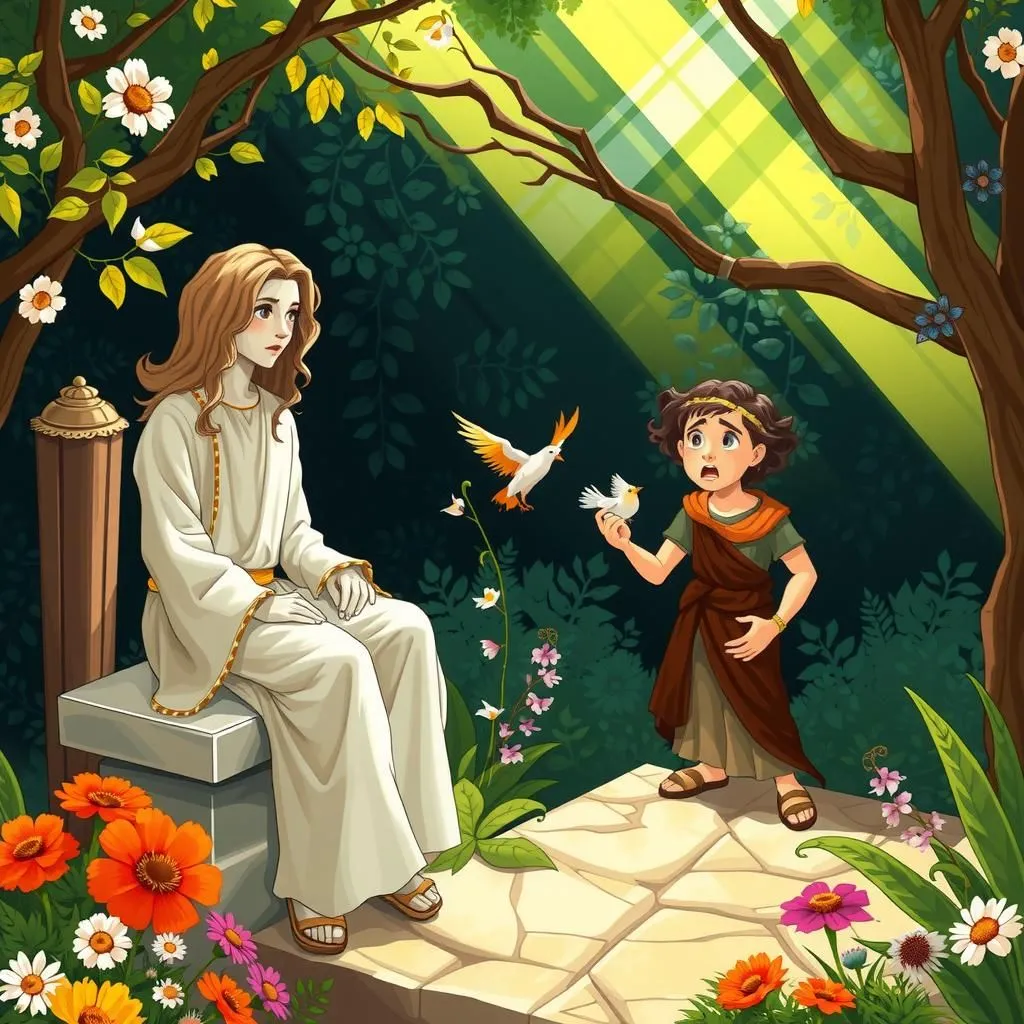
The Partridge and the Fowler
In "The Partridge and the Fowler," a fowler captures a partridge and contemplates killing it. The partridge pleads for its life, promising to lure more partridges to the fowler, but the fowler decides against mercy, deeming the partridge untrustworthy for its willingness to betray its fellow birds. This culturally significant moral story serves as a meaningful fable with a lesson about loyalty and trust.


